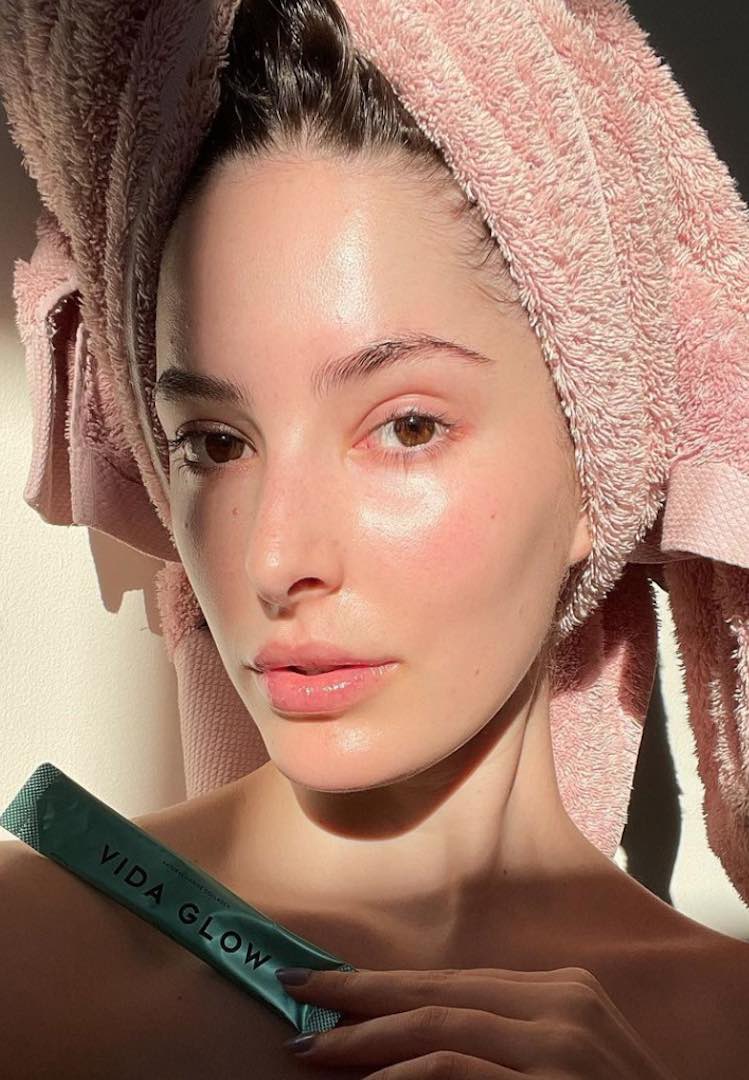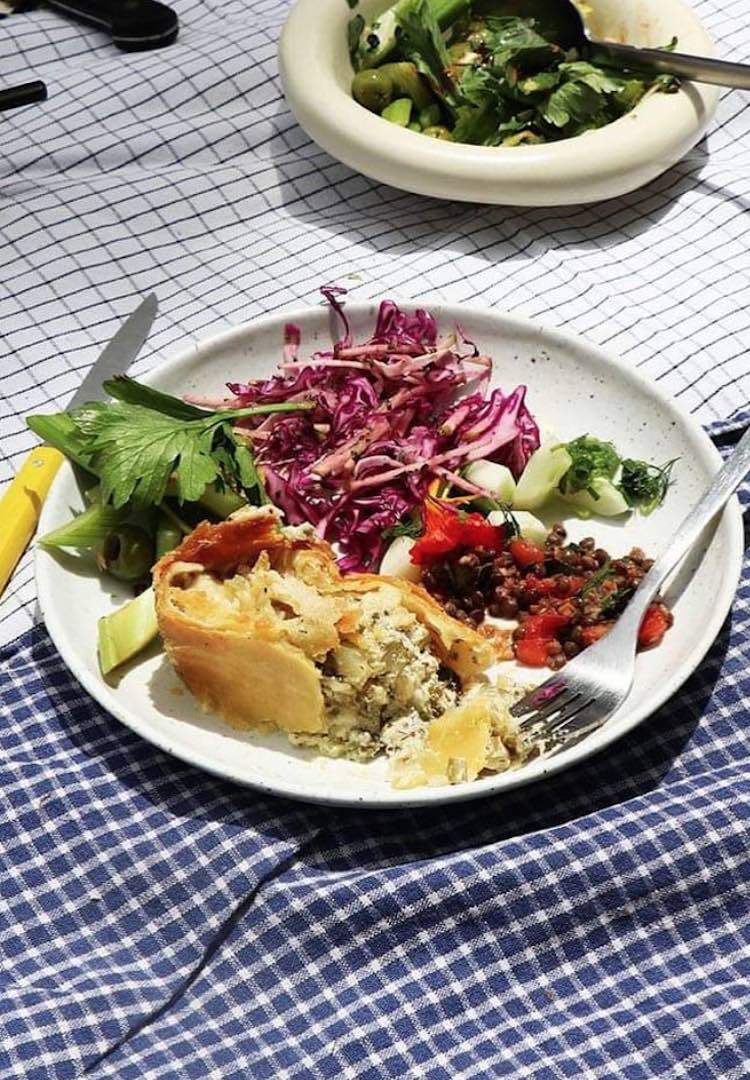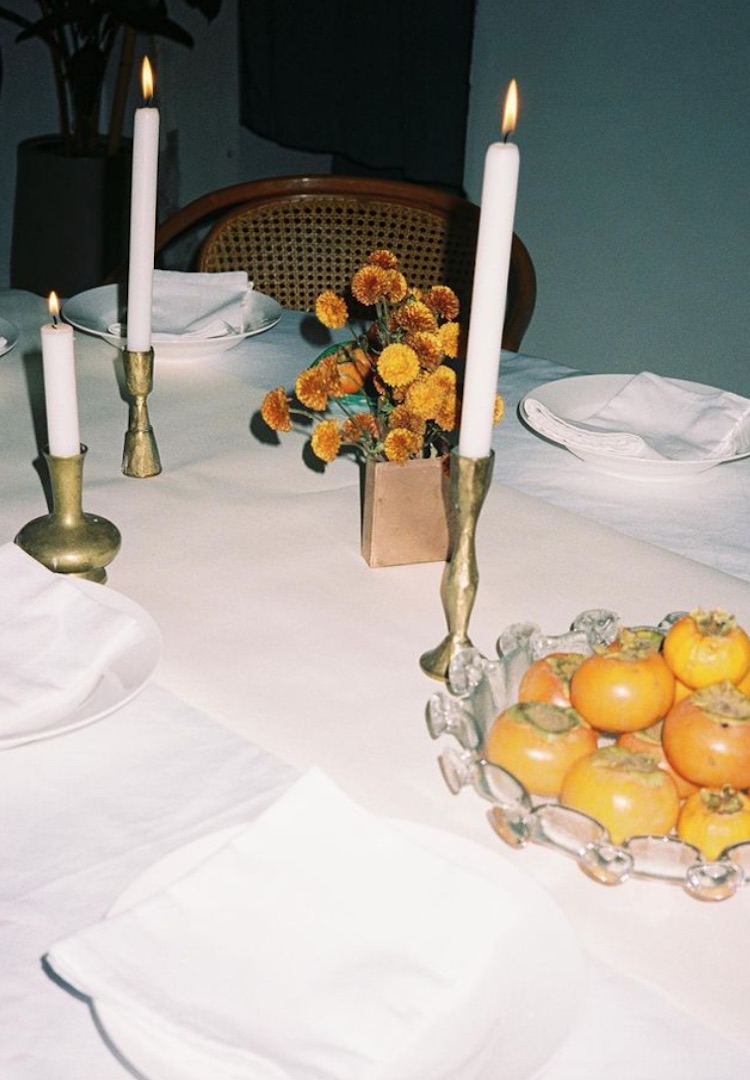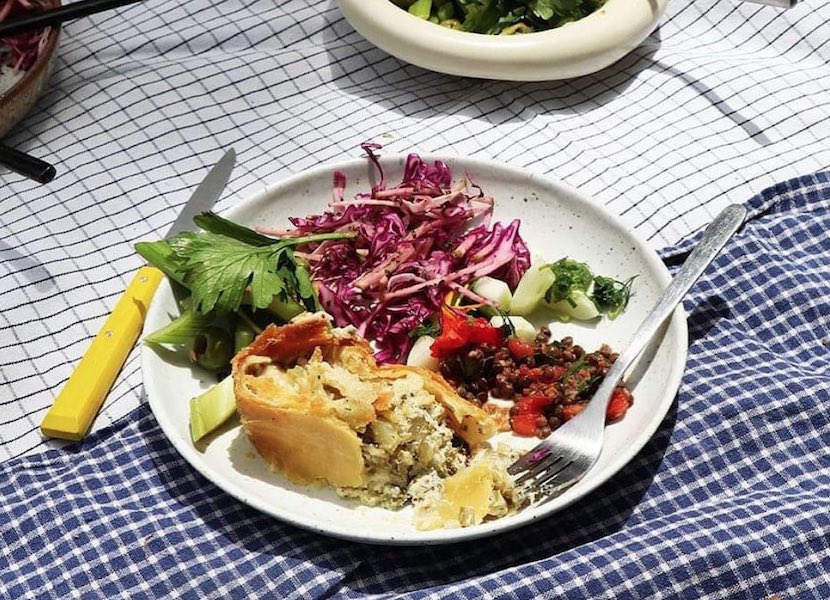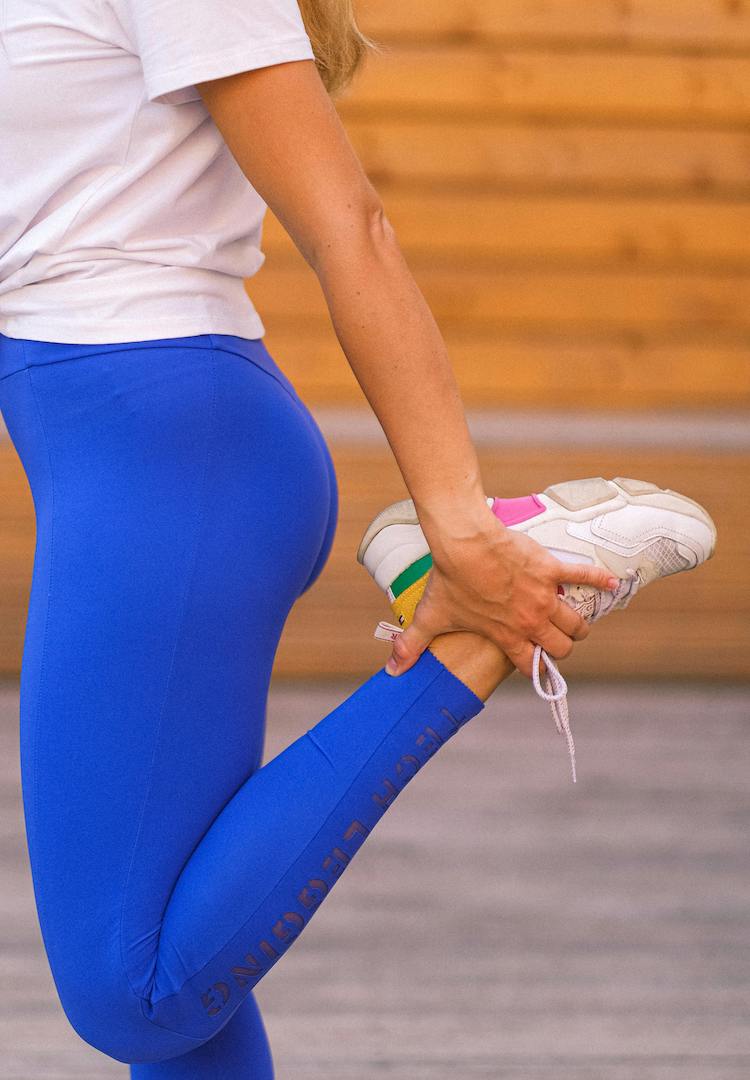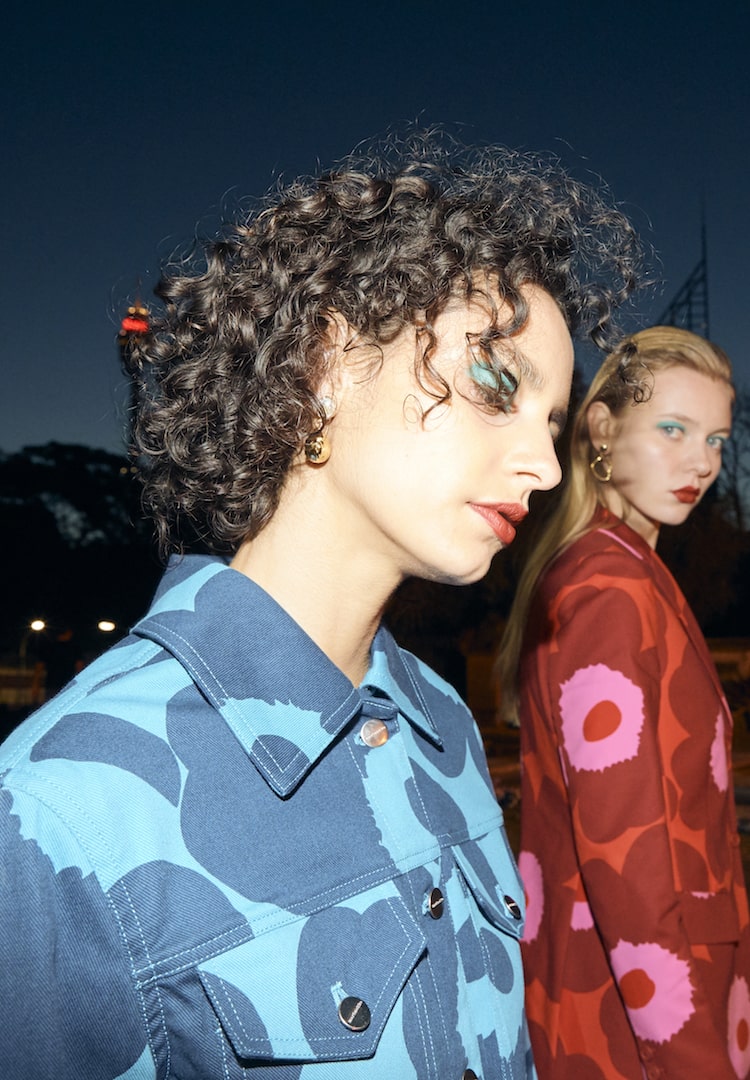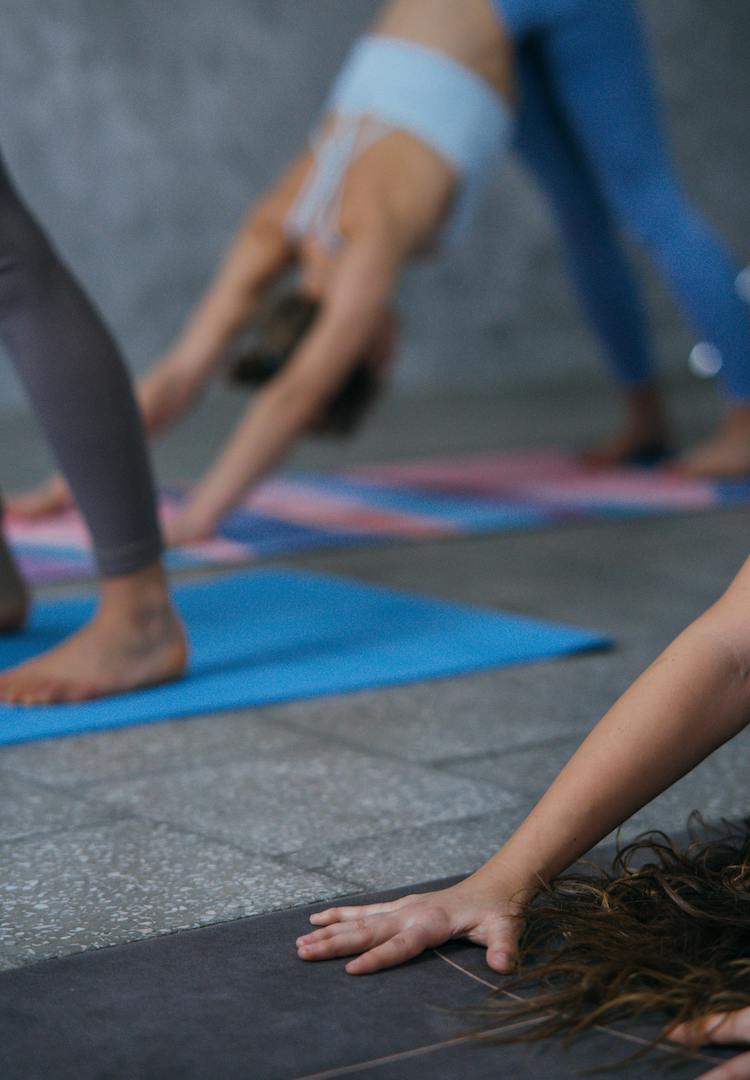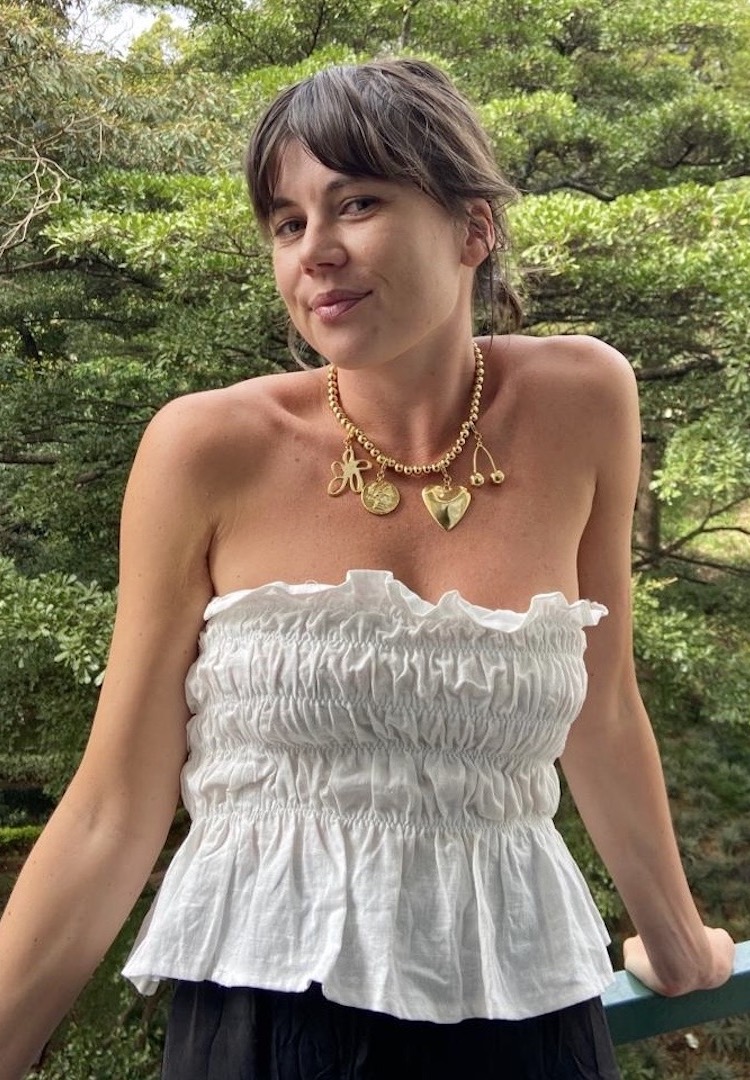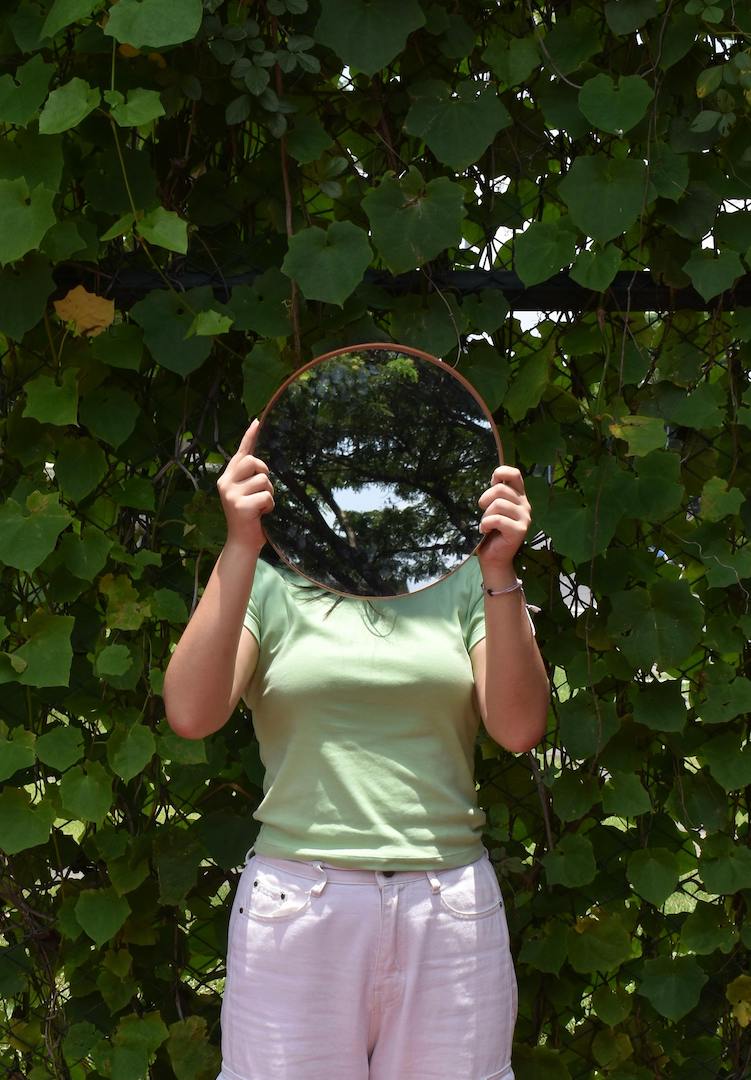How ‘intuitive eating’ and the ‘health at every size’ movement are dismantling diet culture
IMAGE VIA @somethingsiliketocook/ INSTAGRAM
WORDS BY HANNAH COHEN
It’s about honouring your hunger and learning to enjoy food again.
Throughout my young life, I’ve always been a proud foodie. I’m a sucker for indulgent meals, I find joy in experimenting with new recipes, I have an addiction to chocolate that is well beyond rehabilitation, and I live for sharing food and wine with loved ones.
However, I’m definitely not immune to the external societal pressures put on women, and how they have poisoned our relationships with food. I too have experienced the all too common, confusing bouts of restriction in the form of stopping and starting food logs or attempting to cut out carbs. Truthfully, these restricting practices never felt right or even remotely natural for me. I bought into it because I felt I was meant to, not because I wanted to.
Looking for more thought-provoking reads? Try our Life section.
When we were children, the way we ate was instinctive. It was intuitive. As kids, we didn’t yet feel any judgement about how much we were eating. We ate when we were hungry. We’d stop eating when we were full. So why has it become so difficult to nurture our bodies and listen to our pangs of hunger and fullness cues without being swallowed by guilt?
It’s thanks to diet culture. It seeps in from all corners of the internet in the form of ‘what I eat in a day’ vlogs, new superfood hacks from the mouths of straight-sized wellness influencers, and the size-exclusive undertones of the mainstream dietetics industry.
Diet culture has created an oppressive paradigm that’s led women to mistrust their bodies. We’ve been conditioned to believe that exercising self-control when it comes to eating is valued more highly than listening to our gut feeling (literally), catapulting many of us into a relentless cycle of restrictive eating.
The sour cherry on top of all this? Diet culture is rooted in fatphobia and caters exclusively to people of a certain privilege (I’m looking at you, wellness industry). So how do we find our way back to forging a balanced relationship with food?
Dietician Zoe Nicholson gave me the rundown on an inherently liberating concept called ‘intuitive eating’, an anti-diet practice that helps to heal the trail of wounds that diet culture continues to leave in its wake.
What is intuitive eating?
Zoe explains to me that intuitive eating is a holistic, non-diet approach that’s all about honouring your hunger and learning to enjoy food again. It’s kind of the antidote to dieting. It teaches us to unravel the tight restrictions we may have subjected ourselves to, encouraging us to listen to our bodies instead. “Dieting teaches you to mistrust your body, in terms of appetite cues,” Zoe tells me. “Intuitive eating is not something new and magical… it’s how we were born eating.”
Having practised as a dietician for about 17 years, Zoe started to notice that focusing on weight loss as a fundamental pillar of helping clients improve their health was, in her own words, “a misguided belief”.
“I learnt very early on that just focusing on people’s weight was really distressing,” she tells me. “That kind of got me thinking that there needs to be another way. So that’s when I started learning. I did the non-diet approach training in 2014, and started learning about intuitive eating.”
Put simply, this non-diet approach is essentially about reconnecting with your hunger and fullness cues, because as Zoe says, “dieting has disconnected them”. It’s a process of reintroducing the pleasure we derive from food back into our lives while finding our way home to instinctive eating patterns that have gotten lost in the maze that is diet culture.
Is diet culture gendered?
First things first, dieting is no one’s BFF – it’s really not great for anyone’s health. “Constant dieting puts the body under stress… dieting itself is not just something innocuous that doesn’t work. It’s actually harmful to our physical and certainly mental health,” Zoe tells me.
But as most women can probably attest to, Zoe says that “women are taught from a very young age that our self worth lies in our appearance,” and this has a significant impact on who bears most of the brunt when it comes to diet culture’s unrelenting tirade.
This shallow definition of a woman’s worth, set by our patriarchal society, means we are often more susceptible to diet culture’s messaging and more likely to develop a negative relationship with eating. Driving this clear pattern of gender bias home, Zoe tells me her female clients regularly express their desire for a stable relationship with food, while on the other hand, their male partners have this already. Shocker.
As much as intuitive eating sounds like a shiny solution to the negative impacts of dieting, Zoe warns that undoing the ingrained understanding that our health is measured by our weight is not always an easy process. She says focusing on self-awareness and self-compassion is key to ensuring that your practice of intuitive eating allows you to rediscover the joy of eating.
“In the first few weeks [of intuitive eating], it’s like this honeymoon period of, ‘Oh my god, it’s liberating, it’s a relief, I can give myself permission to eat all these things’. And then the weight concern usually gets a little bit louder again, and it’s often the biggest roadblock to making progress. So much of the work is learning how to navigate that struggle with how you feel in your body,” Zoe explains.
What is the HAES approach?
You might have seen the four-letter acronym perched next to dietitians’ and nutritionists’ names in their Insta bios. If you have, make sure you follow. HAES stands for Health at Every Size. Zoe describes it as a big umbrella approach to health (in which intuitive eating comes under) that’s anti the pursuit of weight loss and accepts and respects all body shapes and sizes.
In contrast to the size based paradigm of mainstream dietetics, HAES takes a holistic approach and focuses on nurturing all the multi-dimensional aspects of health (think, spiritual, social, mental and engaging in enjoyable physical activity).
HAES denounces the idea that the picture of health is simply a slim body and intuitive eating is just one of the approach’s five key principles. A large component of the HAES movement is social justice. By offering an alternative that refuses to exclude people with bigger bodies from conversations about health, HAES includes diverse bodies in these dialogues without passing judgment.
How can we stop diet culture from disrupting our relationship with food?
Zoe believes that we need to change the way we talk about food and the mainstream health world needs to shift its focus away from losing weight. If we want to improve our collective health, we have to start by looking at the socio-economic intersections within the health sphere.
“The social justice [element] of the HAES paradigm needs to be addressed on a much bigger scale if you’re really serious about [changing things] on a population level, [and] helping more people eat well.”
Instead of placing the onus on the individual, Zoe says we need to look at the food industry and how accessible certain food is. So please, don’t beat yourself up if you feel like your relationship with food is challenging – there are so many external factors at play, and to change these we need widespread, systemic change in the health industry.
“We need to change the cultural understanding around food and eating well, then not so many people would need to see a dietitian one on one,” Zoe explains. Banishing what we’ve been conditioned to understand about food all at once is a lot to take on.
But if you’re looking for a starting point to rediscover the joy of food and rebuild your relationship with eating, allow me to point you in the direction of a parting quote Zoe shared with me by American dietitian and family therapist Ellyn Satter: “When the joy goes out of eating, nutrition suffers.”
Want to learn more about intuitive eating? Head here.

